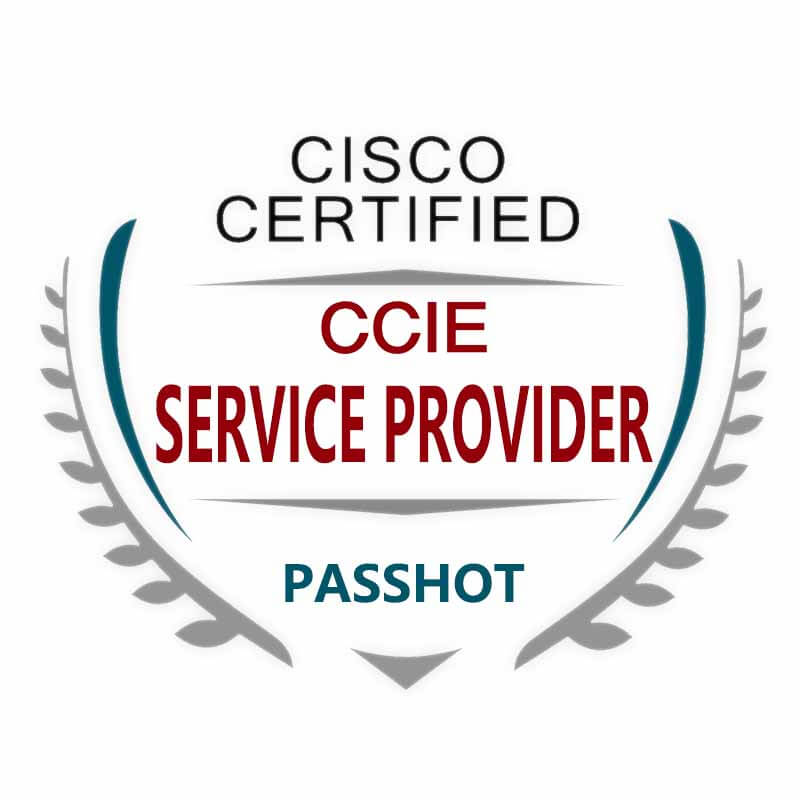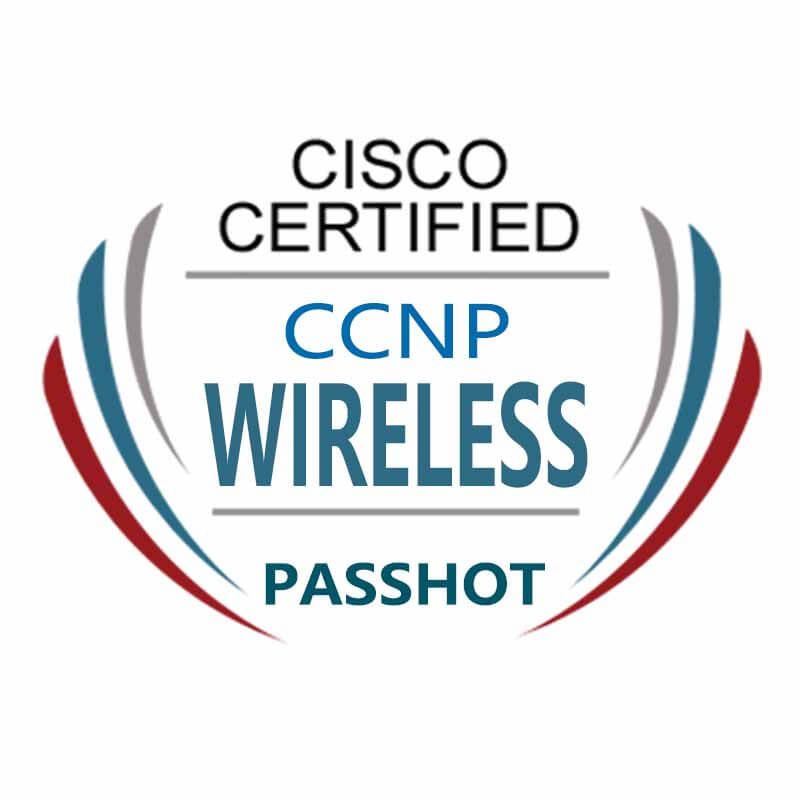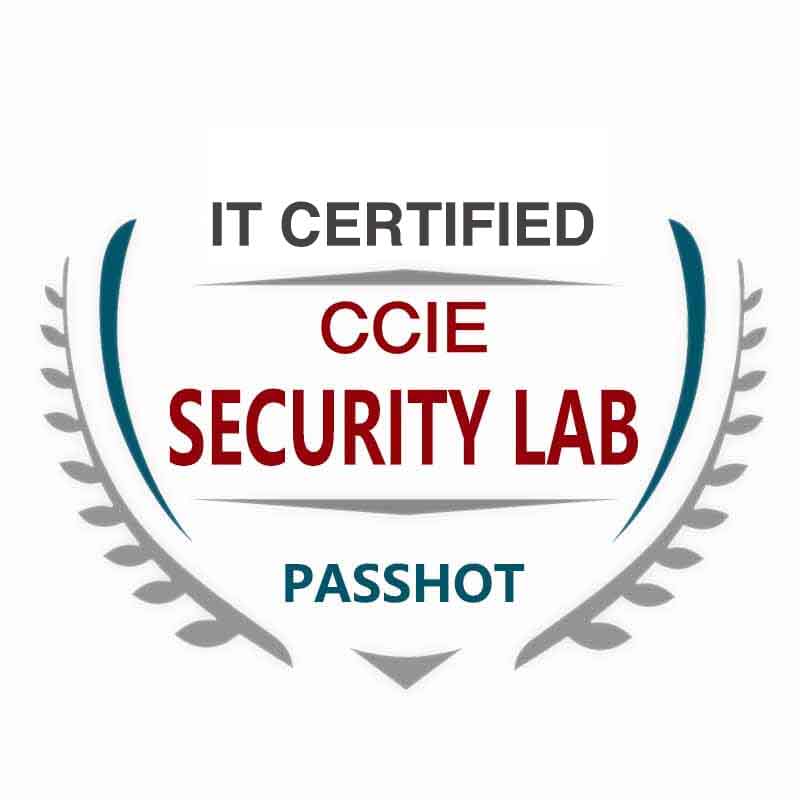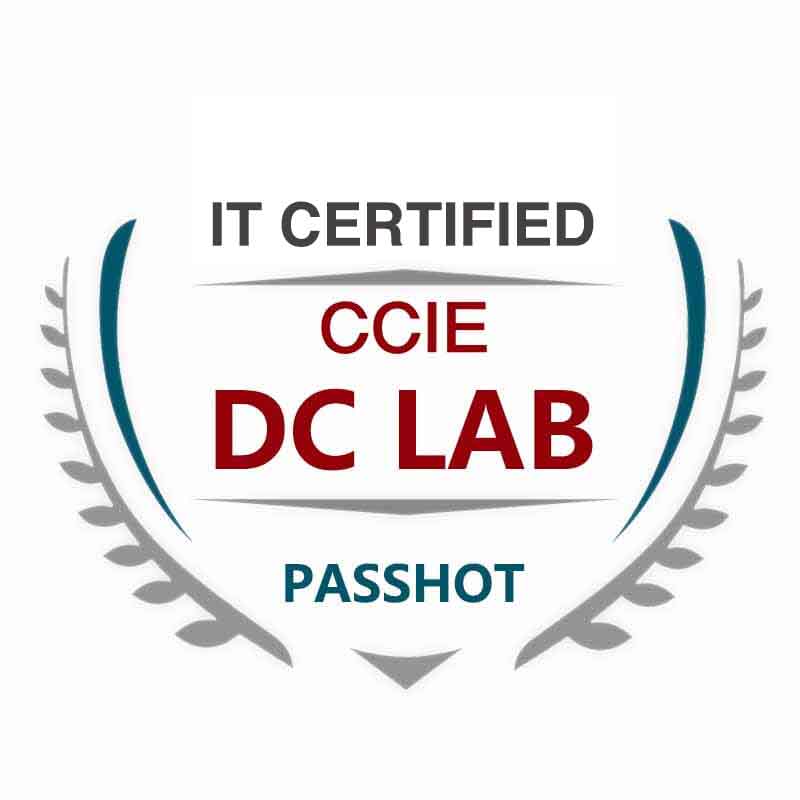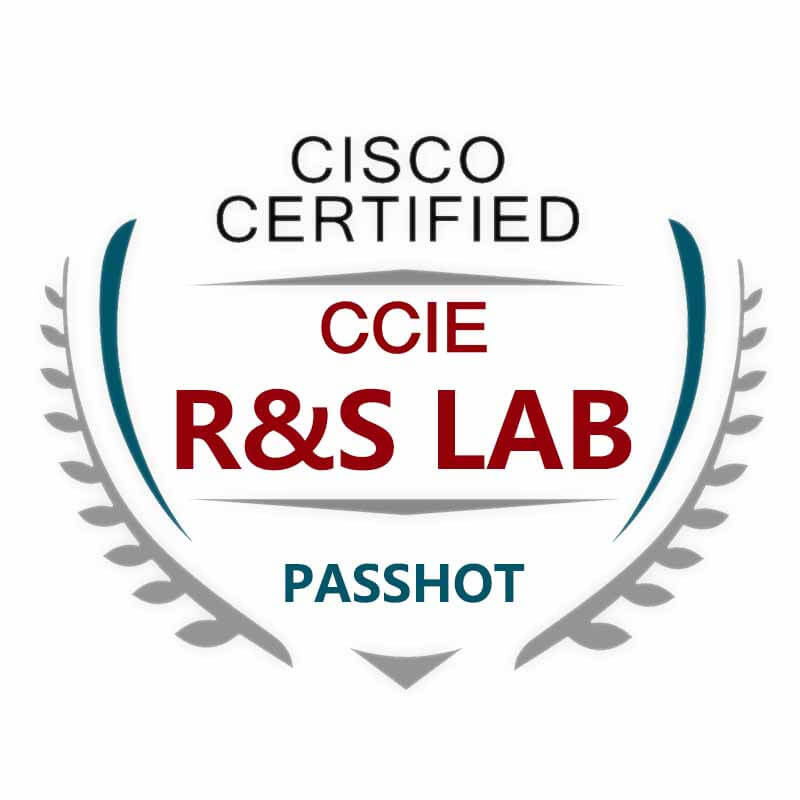100% Pass Cisco, PMP, CISA, CISM, AWS Dumps on SALE!
Get Now
01:59:56
X
What is Anycast technology?
Anycast over IPv4
The implementation method of Anycast is generally to start the loopback of the same address on the server and implement it by the equivalent routing method. The problem is:
1. What is the need for network elements?
2. Is it simply announced on the routing protocol?
3. Is there a difference between different protocols (ospf, bgp)?
4. What is the impact of route convergence on services?
Anycast technology has also been introduced in previous articles, and interested students can go to read it.
What is Anycast?
Let me cite an example in life. The earliest large supermarket opened on Gubei Shuicheng Road. This is the only supermarket in Asia with the highest annual sales. It is often crowded with water, and even Pudong people come from far away. It didn't take long for a large supermarket to open more than a dozen in various districts of the city. Customers usually went to the nearest one, so that customers were diverted, less crowded, user satisfaction increased, and sales increased substantially. However, if the nearby store is closed, customers will need to go to a store a little further away.
Anycast also adopts the above ideas, and configures the same IP address on servers in different geographical locations, each server provides the same service, and even the data is synchronized. The service range of the server is to use itself as the origin, with a radius of tens to For a radiation circle ranging from several thousand kilometers, users choose the server closest to themselves according to the recent principle of the routing table. Once the nearby server strikes, the client's access traffic will be switched to a server farther away.

Anycast, we use it every day, but many people do n’t realize that, for example, DNS domain name resolution, almost 13 root domain name servers around the world use anycast. The same IP server is deployed on all continents, and users on each continent will automatically choose their own continent. The server is close, the access delay is minimal, and the user experience will be much better.
But if there is only one server in one continent, once it is hung, it will switch to the server of other continents. If you want the switch to never happen, you need to deploy multiple servers at one site to form a cluster, which can not only load balance, but also Redundancy backup.
If the anycast IP is for global users, the IP address needs to be announced through IGP / BGP or direct BGP, and eventually it will be presented in the routing table as a BGP route. If an operator anycast server only provides services for the operator, it is necessary Use the BGP No_Export attribute.
If anycast is aimed at users in the corporate network and uses IGP notifications, users think that the cost value is small and the closest to them, so it is necessary to modify the cost value of the WAN link that spans a long distance (different cities), such as 1000, so that users Anycast servers in the same city will be selected first.
How to prevent traffic black holes?
I haven't talked about a problem, assuming that there is only one anycast server at a site, and it suddenly collapsed, and the routing protocol didn't realize that it hung, and still broadcast the route. The users nearby will still choose it to serve, so all the traffic Was dropped (traffic black hole), this is not what we want to see. It is best to run IGP / BGP on the server. Once it hangs, other routers can quickly detect the timeout, and then cancel the routing advertisement, and nearby users will not visit again it.
But the above can only detect link failure (Down), server crash, but can not detect that the service process stops working, so it is best to have a mechanism to monitor the health of the process, once the process stops working, then stop anycast IP announcement .
The biggest advantage of binding anycast IP to the loopback port
As long as the server is running, this loopback port is in the UP state. If there are multiple physical interfaces that can be connected to the network, any one of the interfaces is Down, which does not prevent the reachability of anycast IP. In addition, loopback can be configured with a / 32-bit mask. There is no waste.
The effect of route convergence on anycast
As for the impact of route convergence on anycast, anycast IP is not different from other IPs, so access may be interrupted during route convergence. Once the route is reachable, the visit is immediately restored.
The above basically answers the question of the subject. As for anycast's requirements for network elements, anycast IP only refers to the configuration of ordinary IP in multiple places, so it is still IP, and there are no special requirements for network elements.
Scenarios where Anycast IP is not suitable
Anycast is suitable for DNS domain name resolution, online video CDN, and portal sites, but it is not suitable for Long-Lived TCP-Based applications. Since TCP status information is not synchronized between Anycast servers, once switched to another server, the connection status is lost.
The above is the news sharing from the PASSHOT. I hope it can be inspired you. If you think today' s content is not too bad, you are welcome to share it with other friends. There are more latest Linux dumps, CCNA 200-301 dumps and CCNP Written dumps waiting for you.
Cisco Dumps Popular Search:
ccna best book ccie r&s lab schedule ccie sp written exam fee ccna in 3 months ccna security dumps questions ccnp tshoot chapter 2 answers ccna chapter 7 exam online ccnp tshoot chapter 3 exam answers book ccna 200-301 exam ccna wireless practice lab
Copyright © 2026 PASSHOT All rights reserved.

